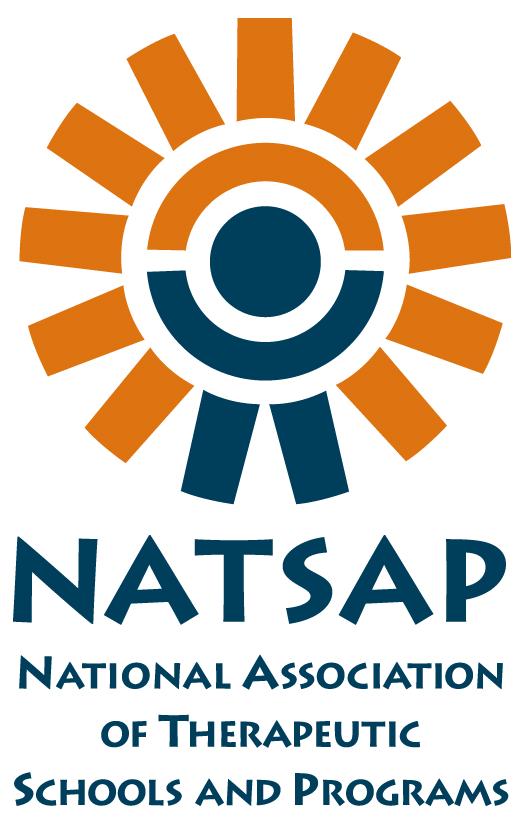Activities used in addition to evidence-based treatment Triumph Youth Services uses many different activities and interventions in addition to evidence-based treatment to address the needs of this target population. Some of these interventions/activities include: Community Service, Community support groups including Narcotics Anonymous (NA), Alcoholics Anonymous (AA), Addiction Recovery Program (ARP), Boy Scouts of America, Dog Training, Seven Habits for Highly Effective Teens, 12 steps and New Freedom Curriculum, just to…
LindsayMarch 28, 2024
Attention Deficit/Hyperactivity Disorder (ADHD) is a chronic condition that includes some combination of the following problems: difficulty paying attention, hyperactivity and impulsive behavior. ADHD affects millions of children and teens and often persists into adulthood. Adolescents with ADHD may also struggle with low self-esteem, troubled relationships, substance abuse and poor performance in school. ADHD is classified into three categories: ADHD, Predominantly Hyperactive-Impulsive Type Symptoms Fidgets frequently Often leaves his seat in the classroom or in…
LindsayMarch 25, 2024
What are School Problems? School Problems are issues that a teenager may be experiencing that affects his/her performance in school. Without intervention, the issues can escalate to dropping out of school, lack of self esteem, engaging in inappropriate or risky activities and trouble with the law. Examples of School Problems Tardiness, skipping class, truancy Disrespecting teachers Drug or alcohol abuse Acting out Sleeping in class Difficulty with schoolwork or homework Possessing a weapon at school…
LindsayMarch 22, 2024
What are Learning Disabilities? The Federal Special Education Law, Individuals with Disabilities Education Act (IDEA) provides the following definition: Specific Learning Disability means a disorder in one or more of the basic psychological processes involved in understanding or in using language, spoken or written, that may manifest itself in an imperfect ability to listen, think, speak, read, write, spell, or to do mathematical calculations, including conditions such as perceptual disabilities, brain injury,…
LindsayMarch 20, 2024
The Federal Special Education Law, Individuals with Disabilities Education Act (IDEA) defines Emotional Disturbance as a condition exhibiting one or more of the following characteristics over a long period of time and to a marked degree that adversely affects a child’s educational performance: (A) An inability to learn that cannot be explained by intellectual, sensory, or health factors (B) An inability to build or maintain satisfactory interpersonal relationships with peers…
LindsayMarch 17, 2024








